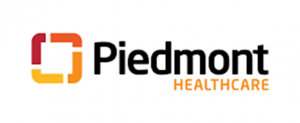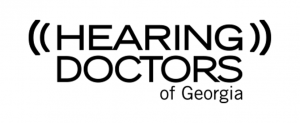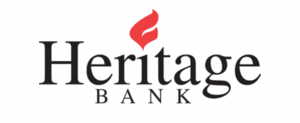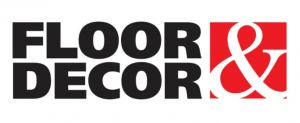Communication is essential to both individual and team success, and is quite possibly the most important of all life skills. Good communication skills allow for the understanding of information accurately and quickly. When it comes to communicating with clients, all parties need to stay in the loop in order to build on the relationship. Honesty, authenticity, and organization will ensure better client relationships. If you’re not aware of how you’re communicating with clients, it could have negative consequences. That’s why implementing communication strategies is important for business.
5 Strategies for Effective Communication
1. Creating a Communication Strategy for Your Team
Every staff member in your business has a role in customer service: from administration to the sales and IT department. Having communication strategies in place will give team members the information they need to communicate with clients. Keep it consistent so the same message runs throughout your business.
2. Be Responsive
Timely responses to your client’s questions and concerns goes a long way. Your goal is to foster a positive experience, which will turn into a positive relationship. Most people don’t have the time to check their email every 5 minutes, so it’s important to carve out dedicated time to business communications. A client communication management software can help you get on track. Being responsive is a huge communication strategy that will go a long way.
It’s important to note that timely responses to staff emails are necessary for internal communication.
3. Actively Listen
How can you communicate properly if you’re not actively listening to what the other person is saying? It’s simply not possible. People constantly have thoughts running through their heads, so it’s easy to tune out everything else that’s going on around you. If you do this with clients, it will haunt you in the long run. To be an active listener you must:
- Pay Attention: Listen to what they are saying, don’t cut them off in mid-sentence, and pause for a minute before responding.
- Withhold Judgement: You must be open to new ideas and perspectives.
- Reflect & Clarify: Don’t assume you understand them correctly. Think about what they said and if you have questions, ask!
- Summarize: Restating key points in the conversation will show the other person that you understand their point of view.
- Share: As much as you need to understand the other person, they need to hear your ideas and suggestions too. From here, you will both have a clear understanding of where you stand.
4. Be Authentic
Having a client onboarding process to identify goals, responsibilities, and timelines, only benefits you and the client. Honest and straightforward communication builds trust and accountability. Be clear about pricing, hours, and what you will do if situations arise.
5. Don't be Afraid to Say No
One of the most important aspects to the success of your business is revenue. When you start thinking about overheard costs and operating expenses, it can get a bit overwhelming, but you cannot stretch yourself (or staff) too thin. It’s okay to say no if you are too busy to take on another client or if a potential client asks you to promise something you can’t deliver. Saying no keeps your business integrity and expectations intact. Additionally, saying no shows you stand by your word, which helps clients to trust and respect you.
Follow the communication strategies mentioned in this article and start applying them to your interactions with clients. Effective client communication is one of the keys to your business’ success: it’s one of the top ways to build a solid foundation and generate a positive reputation for your brand.
At SCB, we know the art of communication and how important it is to communicate effectively to clients. Specializing in content creation, we work with you to create high-quality, custom video production, photography, and graphic design content to promote your business effectively and in line with your goals. Contact us today to see how we can help you!












